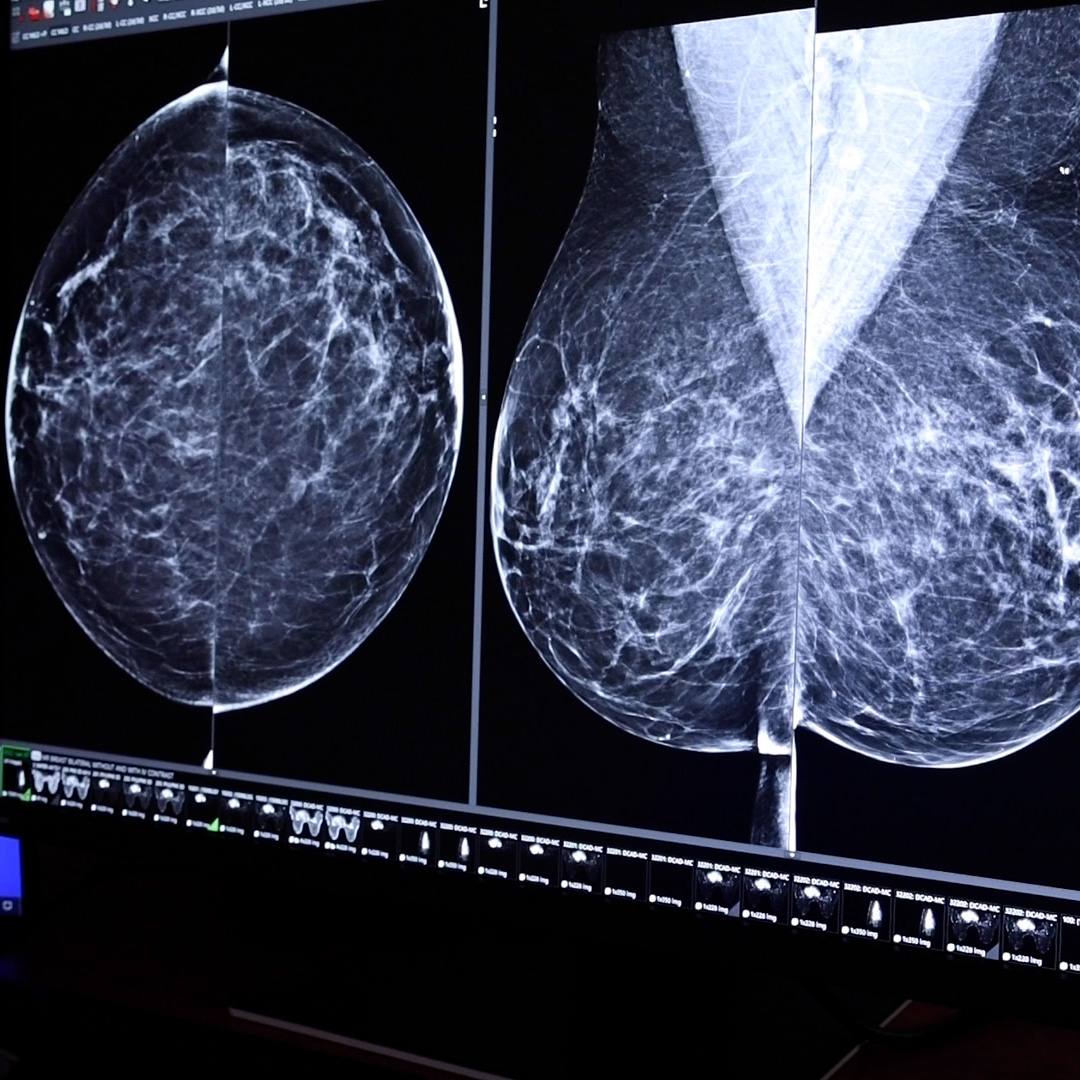-
Mayo Clinic Minute
Mayo Clinic Minute: Why early treatment of esophageal cancer is critical
Esophageal cancer, which is cancer that occurs in the esophagus — a long, hollow tube that runs from your throat to your stomach — is on the rise in the U.S.
"We think esophageal cancer is on the rise with the obesity pandemic as well as with the problem with the increase in reflux in the United States," says Dr. Shanda Blackmon, a Mayo Clinic thoracic surgeon.
Journalists: Broadcast-quality video (0:58) is in the downloads at the end of this post. Please courtesy: "Mayo Clinic News Network." Read the script.
While esophageal cancer is a serious form of cancer, five-year survival rates have quadrupled over the past several decades. But what's key to those positive outcomes?
"Early treatment for esophageal cancer is critical. We know that survival is directly dependent with the stage when you present," says Dr. Blackmon.
Dr. Blackmon says early detection allows for minimally invasive treatments that can preserve the esophagus.
"Esophagectomy is the surgery that we perform when people have cancer in the esophagus. We can remove a small part of the esophagus, or the whole length of the esophagus. The way that we remove it and rebuild it depends on the stage, the extent of the tumor, and how much we have to do and how much we have to rebuild."
Having a minimally invasive esophagectomy typically allows a patient to recover quicker with less pain than an open esophagectomy.
Making healthy choices is the best prevention for esophageal cancer:
- Eat a healthy diet rich in fruits and vegetables.
- Maintain a healthy weight.
- Don't smoke.
- Avoid drinking hot liquids.
- Drink alcohol in moderation or not at all.
- Manage acid reflux and other throat irritants.
For the safety of its patients, staff and visitors, Mayo Clinic has strict masking policies in place. Anyone shown without a mask was either recorded prior to COVID-19 or recorded in a nonpatient care area where safety protocols were followed.







